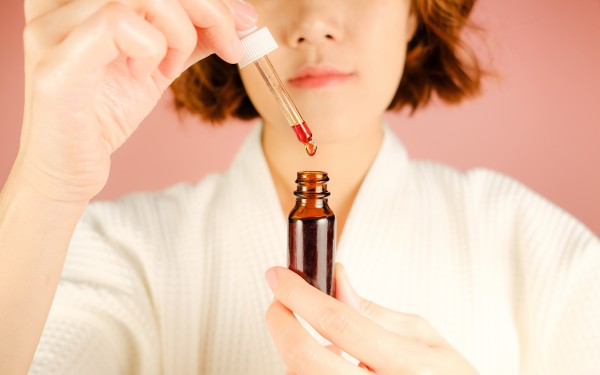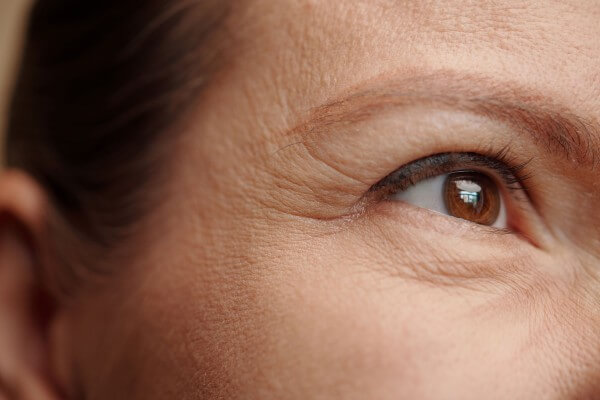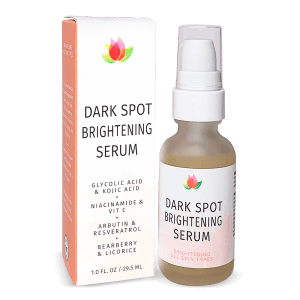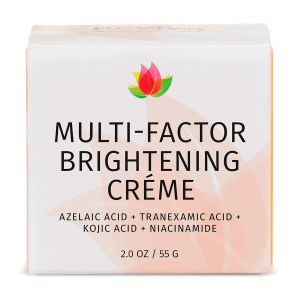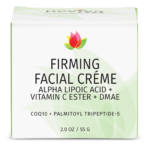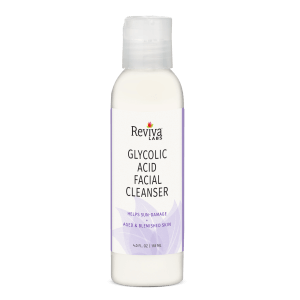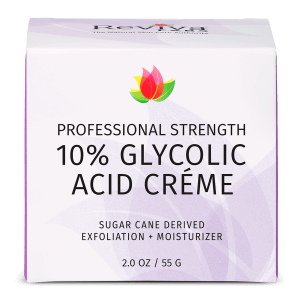Reviva Labs, Skin Care
Understanding Skin Changes During Menopause
According to the National Institute of Aging, the onset of menopause typically starts when a woman is in her early 50’s. Menopause marks significant transition in a woman’s life marked by the end of menstrual cycles and a decline in reproductive hormones. This hormonal shift profoundly impacts many aspects of a woman’s health including the condition and appearance of the skin.
The Impact of Hormonal Changes on Skin
One of the primary reasons our skin starts to change is the reduction of estrogen production. Estrogen plays a crucial role in maintaining skin thickness and resilience by promoting collagen production and helping the barrier to retain moisture. With lower estrogen levels, the skin’s ability to perform these functions diminishes. According to research, women may experience a 30% reduction in collagen within the first five years post-menopause. The result is drier and more fragile skin, which makes it more susceptible to wrinkles and fine lines and causing the skin to appear more lax and less plump.
Changes You Might Expect
In addition to becoming drier and more wrinkled during menopause, the skin is more prone to bruising due to the skin’s a decreased ability to repair itself. Some women also experience a spike in acne due to hormonal fluctuations, which can be particularly frustrating if you thought your acne days were well behind you.
Moreover, some women find that their skin becomes thinner and more transparent, showing more of the underlying blood vessels. Sunspots and hyperpigmentation can also become more apparent due to past damage and the fact that aging skin is more susceptible to the damaging effects of the sun’s ultraviolet rays.
Best Ingredients for Menopausal Skin
To address the changes, it’s important to incorporate specific skincare ingredients that help diminish some of the more prominent signs of aging. Hyaluronic acid, a powerful humectant, is excellent for menopausal skin as it helps to retain moisture, plumping up the skin to smooth out fine lines and wrinkles. Peptides are a must to help support collagen production and enhance skin firmness and elasticity.
Antioxidants such as vitamins C and E are vital during this period due to their ability to help combat free radicals and reduce the signs of aging. Retinoids can also be helpful, promoting skin cell turnover and improving the skin’s overall texture and tone. However, since retinoids can be irritating for some, it’s important to start with a lower concentration and gradually increase as your skin adjusts. If you are unable to use retinoids, look for products formulated with bakuchiol. Bakuchiol, an ingredient derived from a plant, has many of the same benefits as retinol but without the irritation.
Skincare Products for Menopausal Skin
Tailoring a routine to adapt to the changing needs of menopausal skin can really make a significant difference in how your skin looks. Moisturizers that are rich and emollient will help combat dryness, strengthen the skin’s barrier, and soften fine lines. Night creams enriched with actives like peptides and retinoids can be particularly beneficial for overnight skin regeneration.
Your routine should also include gentle cleansers and serums loaded with antioxidants will protect and nourish the skin without stripping it of essential oils. And never forget to use a broad-spectrum sunscreen daily, as menopausal skin is more prone to damage from UV rays.
By understanding the hormonal changes that affect your skin during menopause and adapting your skincare routine to meet these new demands, you can maintain healthier, more resilient skin through menopause and beyond. Selecting the right products and ingredients tailored to your skin’s needs during this time will not only help address current concerns but also protect against future damage.




